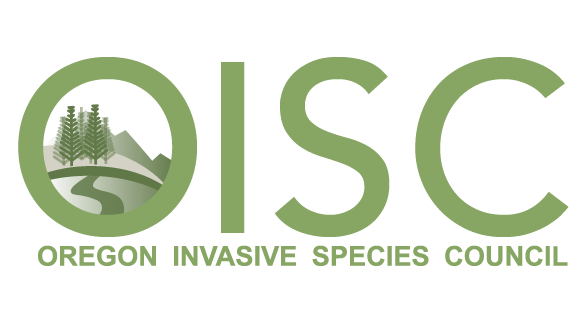Oregon Invasive Species Hotline in Action
/In May of this year, an Oregon Forest Pest Detectors (OFPD) program graduate submitted a report to the Oregon Invasive Species Hotline after finding D-shaped exit holes and a green insect on a twinberry in her yard in SE Portland. The OFPD program trains volunteers to monitor for and report potential infestations of invasive forest pests. The green insect was later identified as Agrilus cyanescens, an exotic beetle that has been established in the eastern U.S. since the 1920s, but had never before been detected in the Pacific Northwest.
In early August, another OFPD graduate submitted a report to the Oregon Invasive Species Hotline after she noticed similar damage to a twinberry in her yard in NE Portland. This was also later confirmed to also be Agrilus cyanescens.
At this time, the Oregon Department of Agriculture does not believe Agrilus cyanescens will be an economic, ecological, or horticultural pest. However, if you do notice any signs or symptoms of Agrilus cyanescens (branch dieback, D-shaped exit holes, serpentine-shaped galleries beneath the bark, and metallic green beetles feeding on leaves in April-May), we encourage you to submit a report.
Thank you to these two Oregon Forest Pest Detectors for being on the lookout and submitting a report to the Oregon Invasive Species Hotline!
This story was originally shared in the
OFPD Summer 2019 newsletter



